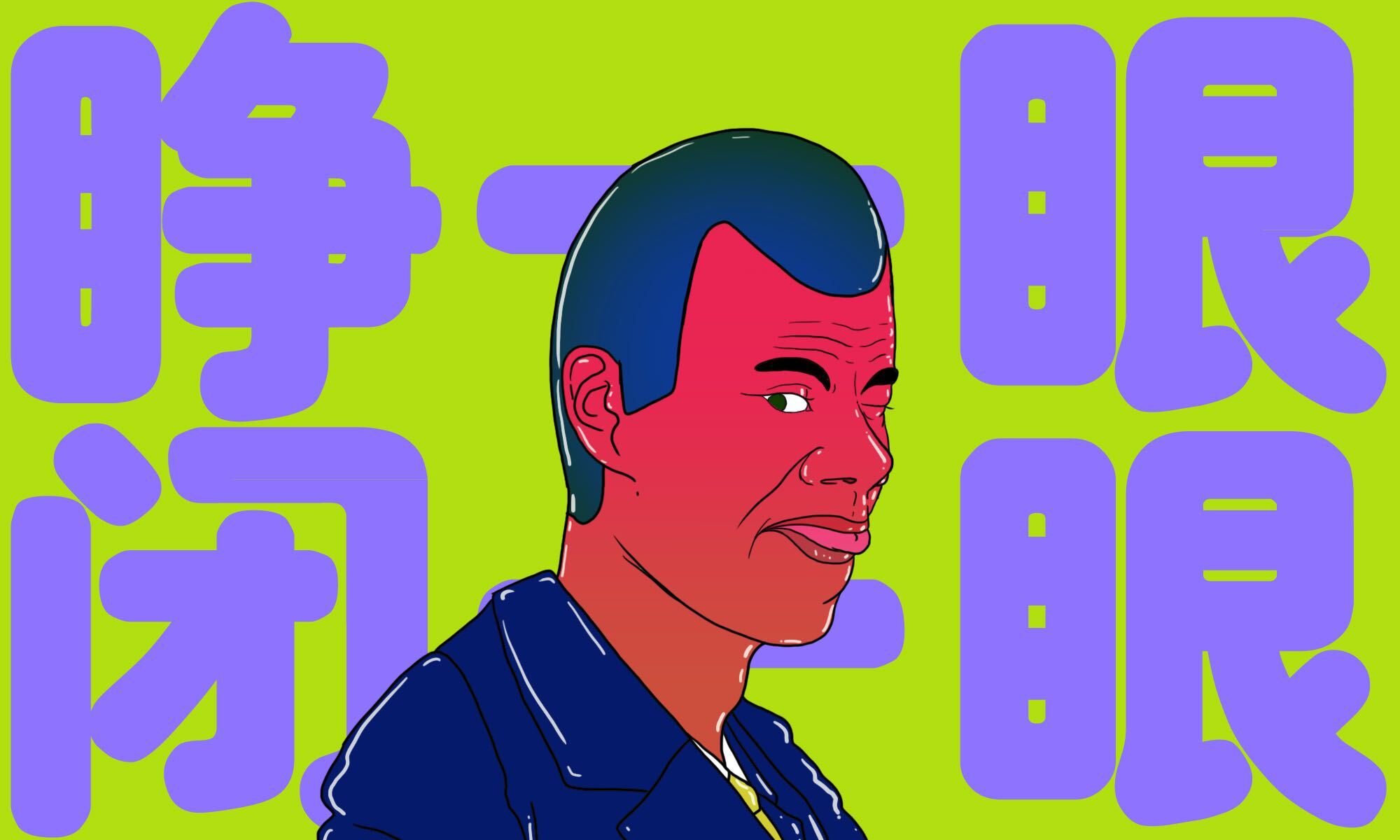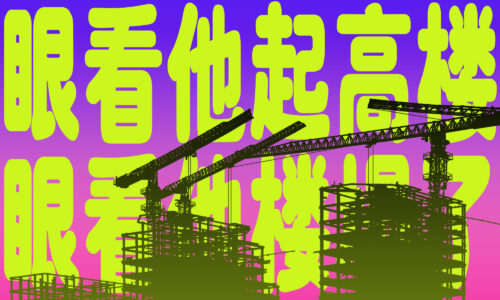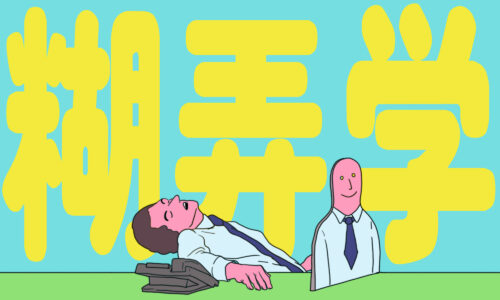‘Turning a blind eye’ — Phrase of the Week
A building evacuation in Harbin highlights ongoing issues in China's real estate sector.

Our Phrase of the Week is: Turning a blind eye (睁一眼,闭一眼 zhēng yì yǎn, bì yì yǎn).
The context
Over 240 families living in a 31-story building in the city of Harbin were urgently evacuated from their homes last weekend.
A tenant had demolished most of the load-bearing walls on the third floor to build a gym. Images circulating online show industrial machines still in the space surrounded by rubble. By the time of the evacuation, cracks had appeared in apartments up to the 21st floor.
This kind of “aggressive refurbishment” (暴力改造 bàolì gǎizào) is nothing new in China. It’s still common, with similar cases in Hangzhou and Guangzhou.
Determining who is responsible and who should pay for the damage is not clear. Should it be the tenant, the management company running the building, or the owner of the property?
As an article in the Shanghai-based media outlet The Paper points out, stakeholders often work together to avoid, or ignore, the rules.
In order to carry out construction, some property owners who need to demolish walls often coordinate with the community property manager in advance. Although there is a lot of noise when the wall is removed, the property management company often keeps one eye open and the other eye closed.
为了能顺利施工,一些需要砸墙的业主往往都会提前与小区物业协调好关系,在砸墙的时候虽然有很大动静,物业公司往往都睁一眼闭一眼。
Wèile néng shùnlì shīgōng, yìxiē xūyào záqiáng de yèzhǔ wǎngwǎng dōuhuì tíqián yǔ xiǎoqū wùyè xiétiáo hǎo guānxi, zài záqiáng de shíhou suīrán yǒu hěndà dòngjing, wùyè gōngsī wǎngwǎng dōu zhēng yì yǎn bì yì yǎn.
And with that, we have our Phrase of the Week.
What it means
Keep one eye open and the other eye closed is a colloquial phrase.
It means to tolerate things or pretend not to know, in order to avoid getting into disputes.
The phrase is credited to the early 20th-century novelist Lǎo Shě 老舍, from Four Generations Under One Roof (四世同堂):
He is often not stubborn and accepts anything and everything. He keeps one eye open and one eye closed, and lives in the family and society fighting and walking.
他往往不固执己见,而无可无不可的,睁一眼闭一眼的,在家庭与社会中且战且走的活着。
Tā wǎngwǎng bú gùzhí jǐjiàn, ér wúkě wú bùkě de, zhēng yī yǎn bì yī yǎn de, zài jiātíng yǔ shèhuì zhōng qiě zhàn qiě zǒu de huózhe.
The phrase can also be written as eight characters: 睁一只眼,闭一只眼 (zhēng yì zhī yǎn, bì yì zhī yǎn), with the counting word for eye (只 zhī) added in.
This longer phrase can be traced back to an earlier time in Chinese history, from the novel The Plum in the Golden Vase (金瓶梅 jīnpíngméi), published during the early Song dynasty. Considered to be one of China’s “six classics” (and best known in the West for its erotic scenes), the author of this love story is unknown.
In the modern context, a better way to translate the phrase would be “turning a blind eye.”
The owner, management company, and resident on the third floor of the crumbling building in Harbin all turned a blind eye to their responsibilities.






